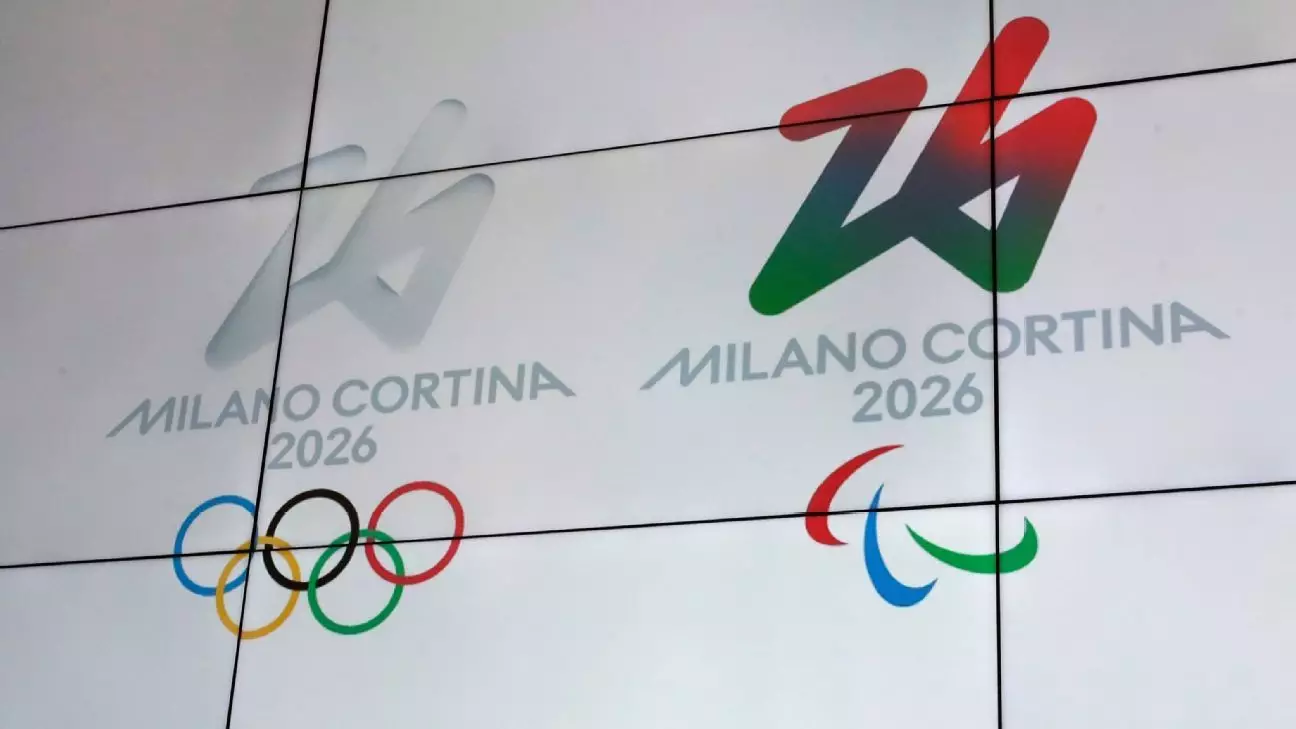After nearly a decade of absence, the NHL has finally reclaimed its rightful place on the world’s largest sporting stage—the Winter Olympics. This renewed partnership marks a milestone not just for hockey fans, but for the sport’s global growth and prestige. The deal, finalized recently after months of negotiations, signals a conscious effort by major stakeholders to elevate hockey’s profile and reassert its presence amidst the global sporting spotlight. For years, the absence of NHL players from the Olympics has felt like an insurmountable barrier that limited the sport’s international appeal. Now, with this pact, hockey is poised to showcase its finest talent within the context of worldwide competition, reigniting passions across continents and inspiring countless young athletes.
Strategic Collaboration as a Catalyst for Growth
What makes this development remarkable is the collaboration between the NHL, NHL Players’ Association, IIHF, and IOC. Far from being a mere contractual agreement, this is a testament to the shared vision of creating a more inclusive and competitive international hockey landscape. The stakeholders’ united front displays a matured understanding of global sports dynamics: to foster growth, they must prioritize the sport’s visibility and relevance. The league’s commissioner, Gary Bettman, expressed enthusiasm about returning players to the international stage, emphasizing the opportunity to highlight the extraordinary skills of NHL talent. The partnership is not only about participation but about leveraging the Olympics as a platform to elevate the game’s global standing—ambitions that had previously been hampered by disagreements over scheduling, player commitments, and institutional concerns.
The Implications for the Future of Hockey
This agreement opens the floodgates for a new era of international hockey. The potential continuation into 2030 further emphasizes a long-term vision for the sport on a global scale. The Olympics, once perceived as a fleeting opportunity, are now seen as an integral part of professional hockey’s strategic blueprint. The 2026 Milan-Cortina Games promise to be a showcase of elite talent, with the initial roster releases of participating countries promising an electrifying tournament. The scheduling from February 11 to 22 consolidates the event as a pinnacle of the winter sports calendar. The return of NHL players will likely energize local markets, attract new fans, and elevate the sport’s profile in nations where hockey is still growing. It is a bold statement about hockey’s ambitions—no longer content with being a regional sport, it aims for global dominance.
Challenging the Status Quo and Embracing Progress
While skeptics may argue that conflicts over player availability could undermine the tournament’s integrity, the negotiation process—marked by persistence and strategic compromise—illustrates hockey’s resilience. The initial hesitations and late-stage negotiations demonstrate that even in a complex organizational ecosystem, progress is possible when shared passions outweigh individual interests. The deal exemplifies how sports organizations can evolve beyond their traditional silos, embracing modernization and inclusivity. By leveraging the Olympic platform, hockey not only boosts its visibility but also challenges other sports to pursue similar collaborations aimed at expanding their global reach. In essence, this renewed partnership signifies a proactive push to redefine hockey’s identity in the international arena—an essential step towards building a lasting legacy for the sport.


Leave a Reply